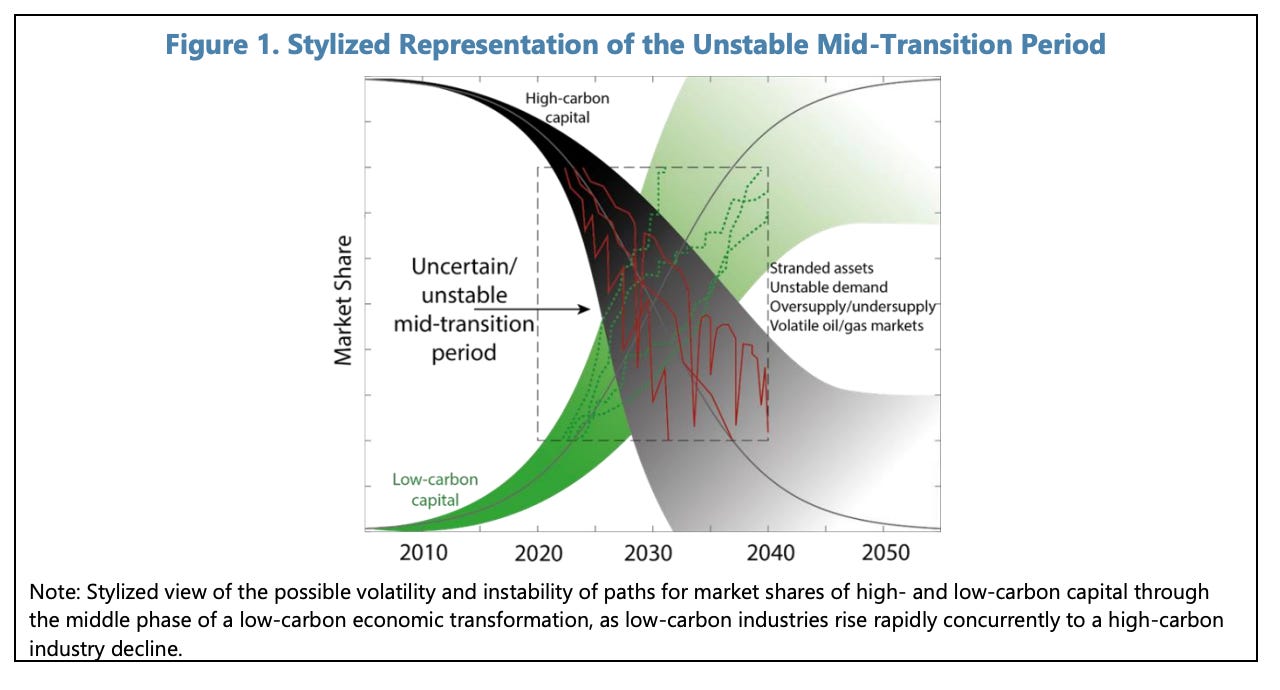https://harpers.org/archive/2022/02/every-child-an-emperor-on-maria-montessori/
10.25.2023
10.20.2023
10.06.2023
10.03.2023
The end of automobiles
The end of automobiles
When I first got hooked on reading about Peak Oil, it was the mid-aughts, there was apocalypse on one side, and on the other a technological solution that would allow us to live exactly as we were ad infinitum. Now, nearly 20 years later, the two sides have moved closer together. On one hand, we didn't run out of oil, nor did it get prohibitively expensive. On the other, we have more research into hydrogen and batteries that may in fact pose a partial solution to the end of petroleum. That does not mean that we're not heading for a deep correction and a reconfiguring of our planned landscape.
We are still going to run out of petroleum. A host of solutions will come to the fore. But ultimately they will be more expensive. Our commuting and individual-use automobile lifestyle will end. People will have to live closer together and public transit will increase. Our capitalist economy is based upon the smooth and cheap transport of goods and people and when that ends, the economy will also suffer. The poorest nations will be hit the hardest. We don't have enough electricity or critical minerals to create a long-term battery-powered or hydrogen car infrastructure. Perhaps it will be golf cart cities at best.
Poverty is a ever-present emergency
Poverty is a ever-present emergency
In squeezing businesses and people to the brink, the just-in-time business philosophy that began with Japanese auto industry in order to reduce inventories has morphed into just-enough for our workers and even the unemployed humans that want to try to get by on scarce public services. The philosophy that the average worker now understands is one that by impoverishing our neighbor, we enrich ourselves, will end with a nation impoverished, a tower of babel surrounded by empty parking decks.
This was a short reaction to reading Matthew Desmond's Poverty, By America
Subscribe to:
Posts (Atom)
